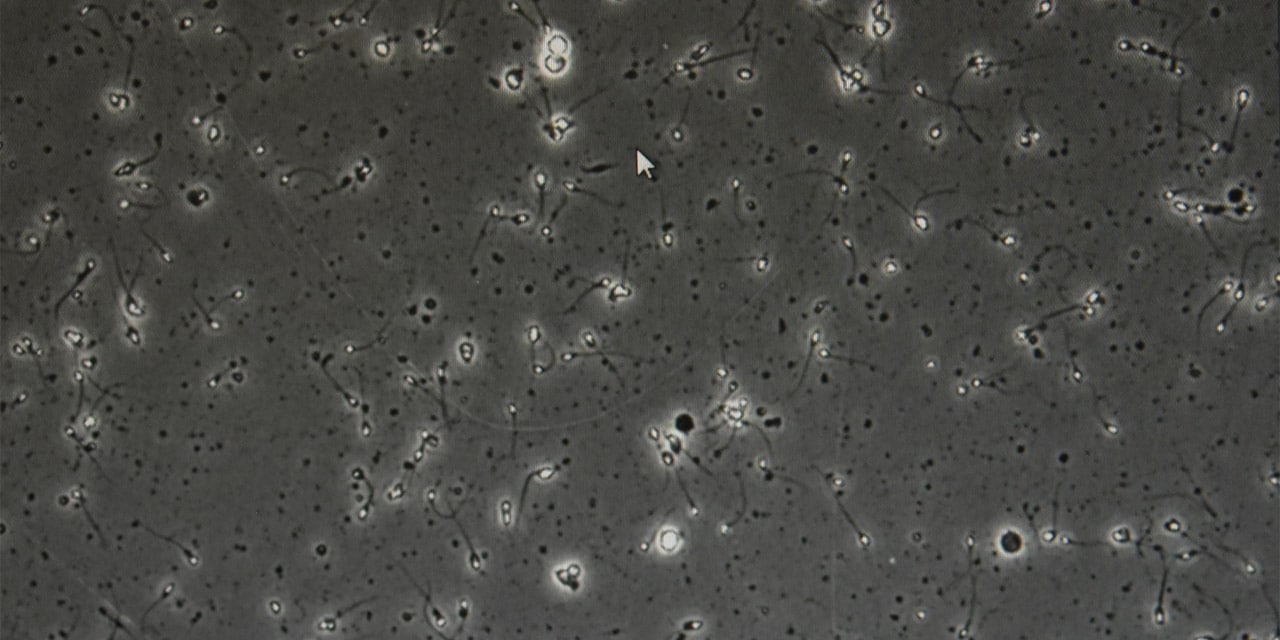Numerous studies have found that obesity can reduce the chances of conceiving naturally and that losing excess weight helps improve reproductive health and the response to fertility treatments. But what if it is only a few extra pounds? Does being slightly overweight also have an impact? And at what point is someone considered overweight or does excess weight start to affect fertility? Answering these questions in general terms is difficult, as every woman has a different body type, metabolism and energy requirements, so each case must be assessed individually. However, if you wish to conceive soon and are struggling with your weight, it is important to consult your gynaecologist and an endocrinologist. Certain underlying endocrine conditions, such as polycystic ovary syndrome (PCOS), can promote weight gain and irregular menstrual cycles, so they should be medically monitored. In this post, we provide further information with the help of Dr Isela Bañuelos, who specialises in gynaecological endocrinology.
What is considered overweight? There is a formula used to evaluate whether your weight is appropriate for your height: the Body Mass Index (BMI). It is calculated by dividing your weight in kilograms by your height in metres squared (BMI = kg/m²). A BMI between 25.0 and 29.9 is classified as overweight. A BMI of 30.0 or above falls within the obesity range. However, this is a statistical guideline and each individual case requires thorough analysis. Nowadays, obesity and overweight are more accurately defined by a high body fat percentage—over 35% in women and over 25% in men—rather than just excess weight or a high BMI.
So, is BMI not a decisive factor? No. Experts regard BMI only as an approximate indicator. A more comprehensive assessment is needed, ideally carried out in conjunction with nutrition and endocrinology specialists, using tools such as BMI calculation, body fat distribution according to waist-to-hip ratio and bioelectrical impedance analysis, which provides accurate, quick and non-invasive measurements.
Is it true that being overweight can reduce the chances of conceiving naturally? Yes. Studies indicate that women with excess weight generally take longer to conceive. This is linked to disturbances in ovulation, which may be irregular or of poor quality, potentially causing problems with the embryo or endometrial implantation. Remember, overweight is not the same as obesity, and individual assessment is essential.
Why does excess weight affect fertility? The most significant endocrine change caused by obesity is elevated basal insulin levels and insulin resistance, leading to menstrual cycle irregularities and ovulation problems. It can also cause metabolic disturbances.
What causes these disturbances? Oestrogens are the female sex hormones produced primarily in the ovaries, but also in the adrenal glands and adipose (fat) tissue. Therefore, women with obesity have higher oestrogen levels, which can disrupt the hormonal balance.
Why can excess weight also affect fertility treatments? In ovarian stimulation and endometrial preparation treatments, women with obesity often require higher doses of gonadotropins due to greater resistance, which may result in a poorer ovarian response. Gonadotropin doses need to be increased as patient weight rises, often leading to longer treatments requiring more medication.
Does this also impact pregnancy rates? Yes, overweight and obesity can reduce pregnancy rates and increase the risk of miscarriage.
Is it true that obesity is associated with a higher incidence of complications during pregnancy, childbirth and postpartum? Yes. Obesity raises the risk of pre-eclampsia. Moreover, insulin resistance associated with obesity increases the likelihood of gestational diabetes and larger babies at birth. It may also increase the chances of requiring a caesarean section and experiencing other postpartum complications.
What if the issue is genetic or related to an underlying condition? In such cases, careful monitoring from the outset is essential. Conditions like PCOS often cause anovulation, irregular cycles and weight gain. Our clinic has a Pre-pregnancy Counselling Unit where you can seek guidance tailored to your situation. We also have gynaecologists who specialise in endocrinology and a Nutrition Unit.
We hope you found this post helpful! The good news is that with early medical monitoring, lifestyle changes and a healthy diet, it is possible to maintain a healthy weight and prevent potential complications and risks. And, should any issues arise, you can act more swiftly.


